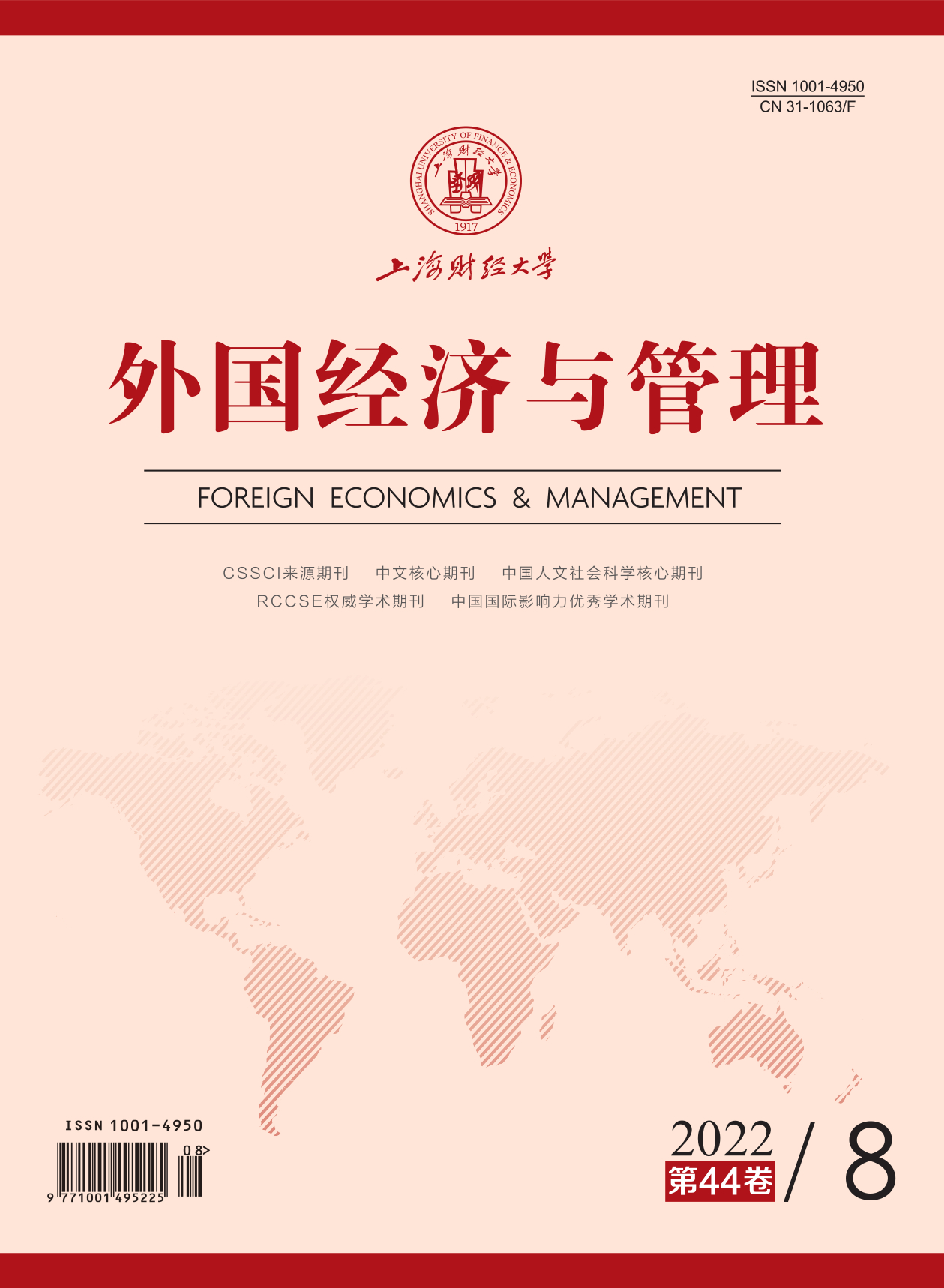Under the governance structure of the separation of ownership and management right, the principal-agent problem has been perplexing shareholders and the board of directors. Relevant researches point out that CEO media awards may have positive incentives or negative effects, so there are no consistent results on the governance effect about CEOs winning the media awards. Firms’ innovation research and development is a kind of activity that has the characteristics of a large amount of capital investment, high uncertainty, high risk and long return cycle. However, professional managers usually have short-sighted behaviors, thereby hindering innovation investment, and then affect economic benefits and future development. According to the principal-agent theory, when the personal interests of professional managers are related to the long-term performance of firms, the strategic investment conducive to the long-term development of firms will be increased, such as innovation investment. Therefore, it is particularly important for firms to effectively mitigate the short-sighted tendencies of CEOs. This paper intends to supplement the research on CEO media awards in terms of innovation behavior. As important decision-makers, after receiving authoritative media awards, whether CEOs can win more recognition and trust from shareholders and the board of directors, and then stimulate award-winning CEOs’ innovation enthusiasm so as to promote them to carry out more innovative behaviors, is the main focus of this paper.
Based on the data of Chinese privately-owned listed firms from 2006 to 2018, this paper empirically tests the hypotheses by using DID regressions combined with PSM to verify the impact of CEO media awards on innovation investment. The results show that firms with award-winning CEOs experience a significant increase in innovation investment in the post-award period, and award-winning CEOs enjoy lower compensation-performance elasticity and are more likely to become chairmen in the post-award period than in the pre-award period. This paper further analyzes the moderating effect of the change of governance, and finds that compensation-performance elasticity (becoming chairman) in the post-award period weakens (strengthens) the effect of CEO awards on innovation investment, and enhanced trust from shareholders and less strict governance environment may be the important drivers of award-winning CEOs’ increase in innovation investment.
Compared with existing researches, this paper mainly has the following contribution: First, it reveals that “The Best CEO” awards for professional managers have positive effects on innovation investment by taking CEO awards as an opportunity event. Second, it expands the explanatory mechanism for how CEO awards affect the behaviors and decisions of award-winning shareholders. It is found that the spillover effect of media awards can enhance the long-term decision-making of award-winning CEOs by affecting the trust and restriction degree of shareholders and the board of directors on CEOs, such as reducing compensation-performance elasticity and enhancing career height. Third, it identifies some external factors that affect the innovation motivation of professional managers, which has certain practical and policy significance to the realistic business management. This paper enlightens that firms should pay more attention to the role of some non-economic rewards for managers, and they can rationally use the role of media evaluation mechanism in corporate governance.





 11324
11324  6645
6645

